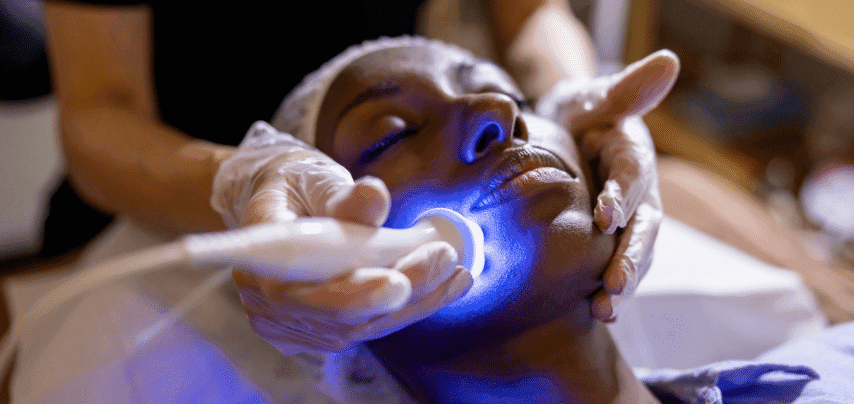2 minute read
The Devastating Impact of Compounded Harm
The Parliamentary and Health Service Ombudsman (PHSO) report, Broken trust: making patient safety more than just a promise, analysed 22 complaint investigations it had carried out over the past three years where NHS patients had died due to avoidable errors.
The report spotlighted recurring clinical lapses and inadequate responses to patient and family complaints. Most worryingly, and despite numerous reports and recommendations from inquiry after inquiry, it highlighted the continuing existence of an "implementation gap" – the divide between the proliferation of guidance and advice from regulatory bodies aiming to improve patient safety and the realities of practice at the frontline.
The report focused largely on the problem of compounded harm, the additional layer of suffering experienced by grieving families seeking answers but being met with "inadequate, defensive, and insensitive responses" from the organisations concerned. While complete eradication of clinical errors remains unrealistic, the report emphasised the need for compassionate, accountable responses to avoidable harm.
The PHSO outlined scenarios that perpetuate compounded harm:
- Failure to be open and honest: Health and social care providers’ legal obligation to provide genuine and transparent explanations post-incidents is often disregarded. Families' rights to meaningful apologies and explanations is frequently unmet, causing mistrust and distress.
- Support Shortcomings: Complaints navigating systems post-incident face inadequate support and complaints advocacy.
- Poor-quality Investigations: Quality issues continue to hinder investigations into adverse events, with defensiveness and insufficient curiosity regarding the causes of harm prevailing.
- Failure to respond to complaints effectively: Unacceptable delays, communication failures, and undertrained complaint handlers exacerbate distress for complainants.
- Inadequate apologies: Genuine apologies, not equating to fault acknowledgement, remain lacking, furthering pain for patients and families.
- Unsatisfactory learning responses: Failure to ensure incidents don't recur due to a lack of robust action plans for learning from mistakes.
Key Report Insights
- Safety Discrepancy: Despite strides in patient safety, the report highlights an ongoing disconnect between recognised good practice in theory and the realities of frontline practice.
- Best Practices: It reiterates the necessity for healthcare providers to adopt best practices in investigations and complaint responses following avoidable harm.
- Open Learning: Above all, it underscores the imperative to foster an open culture that facilitates learning from such harm and reduces the risk of recurrence.
A full version of this article is available for Altea Policyholders.



